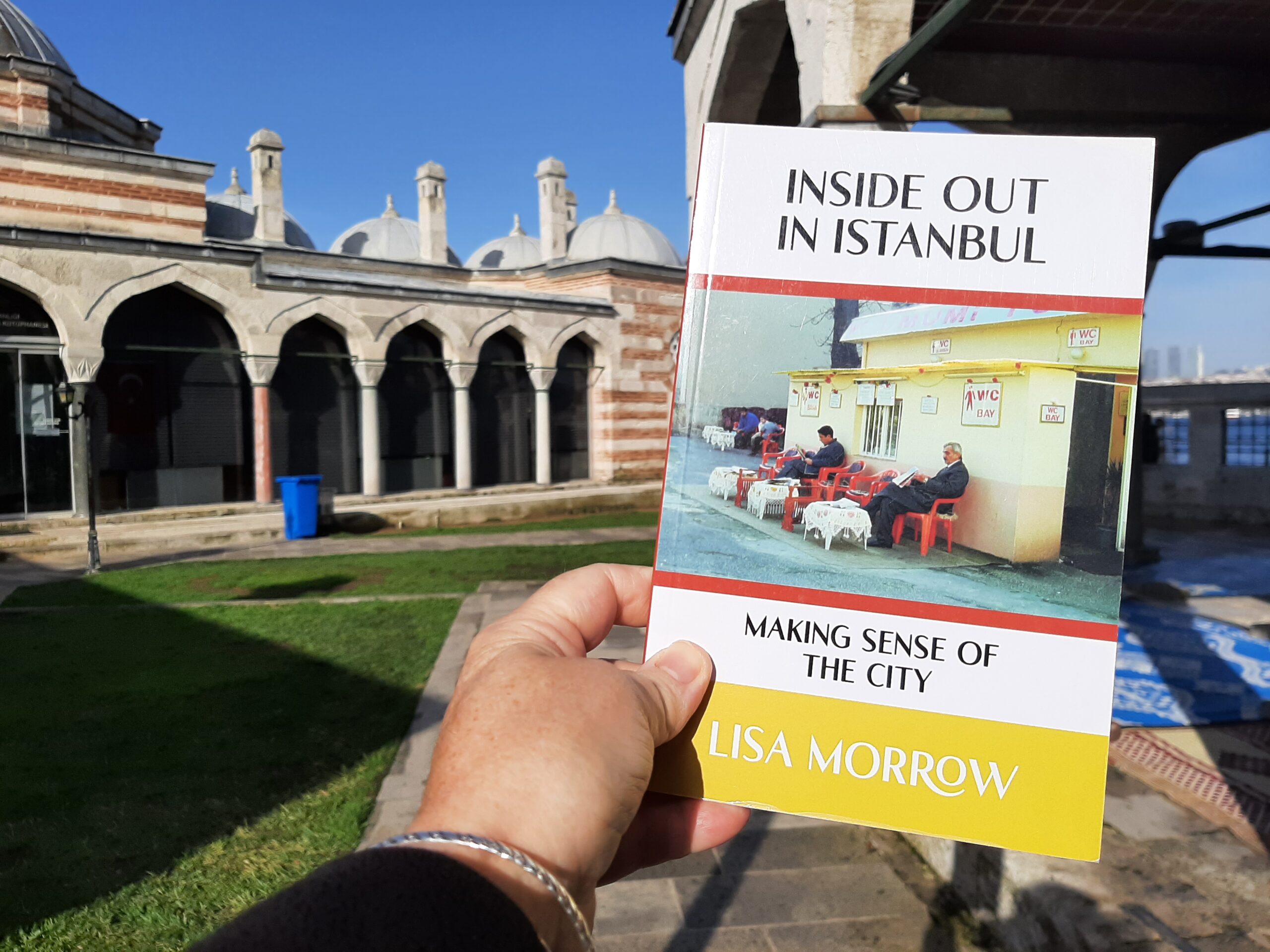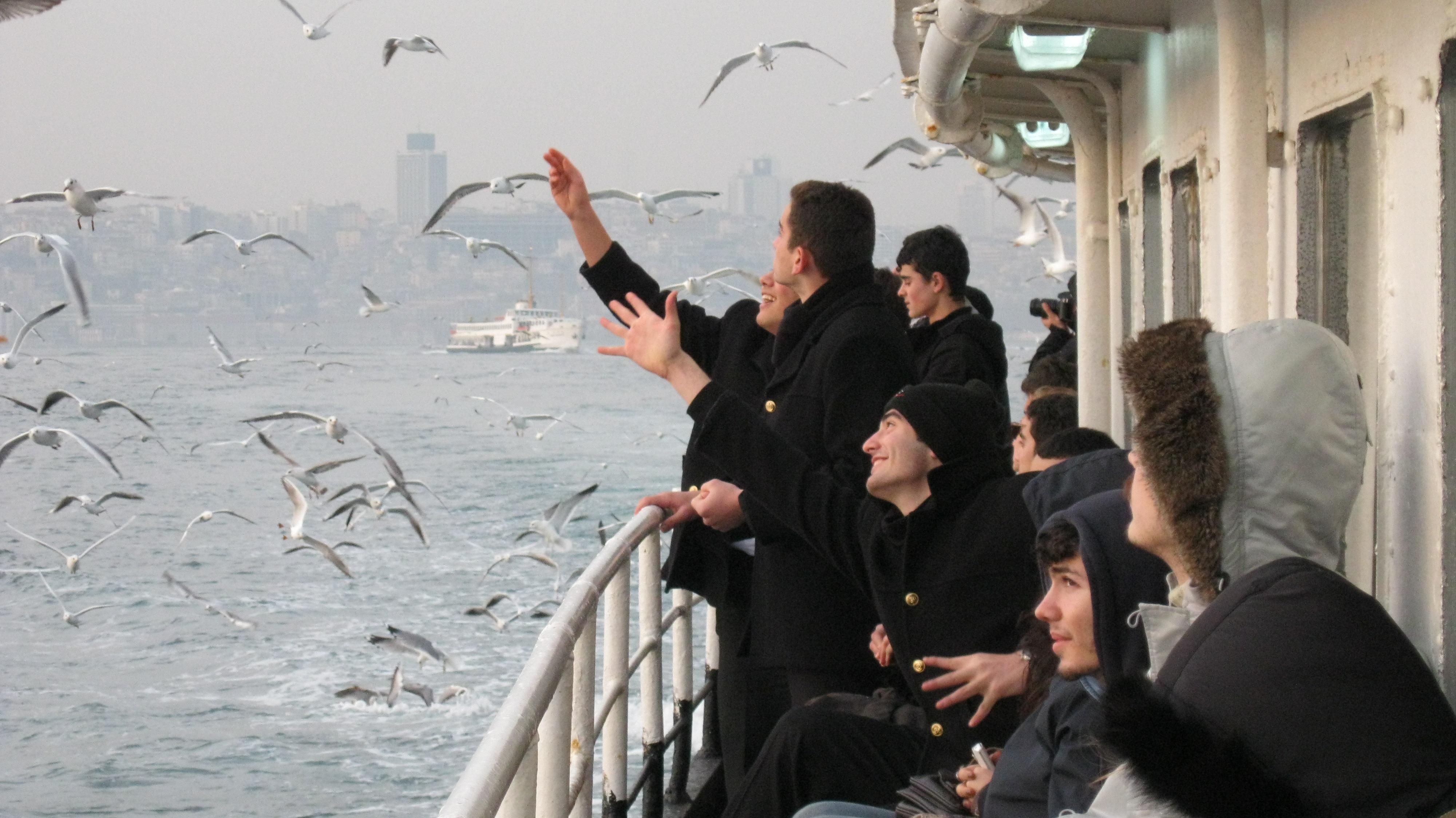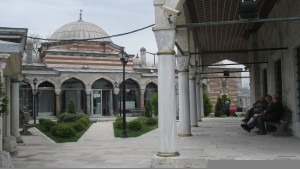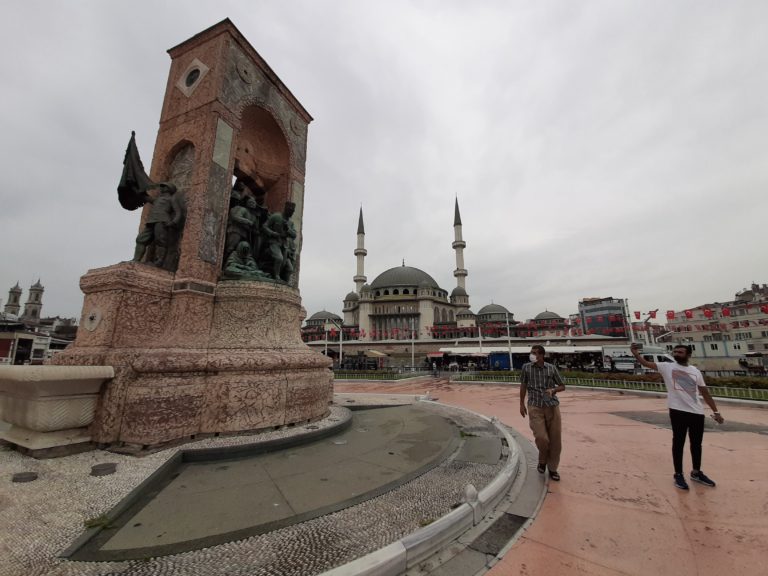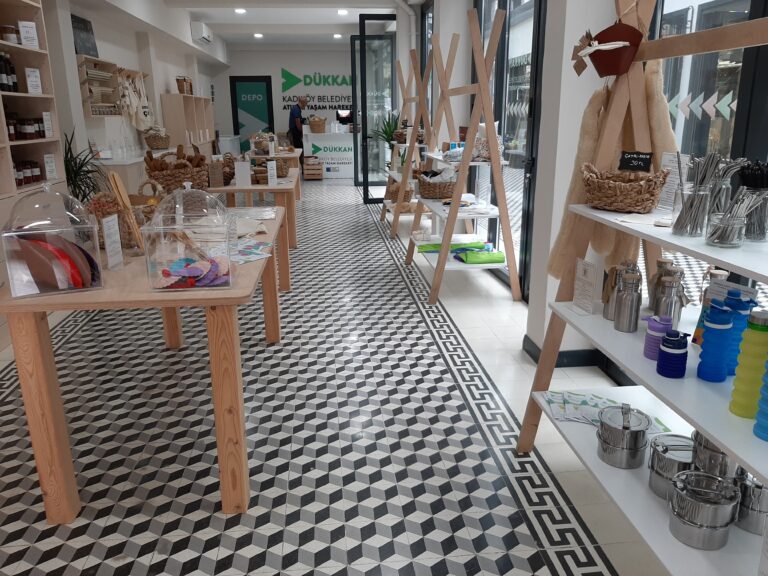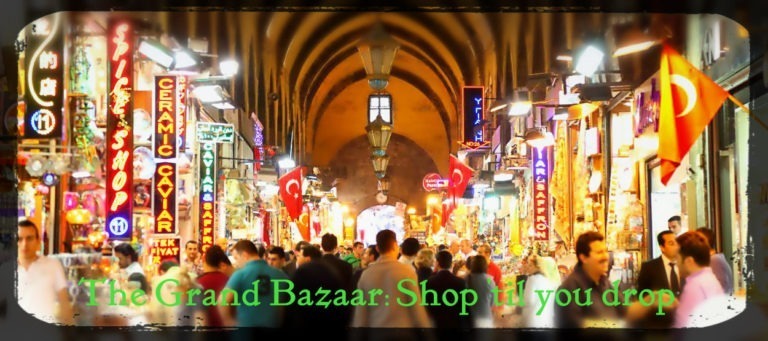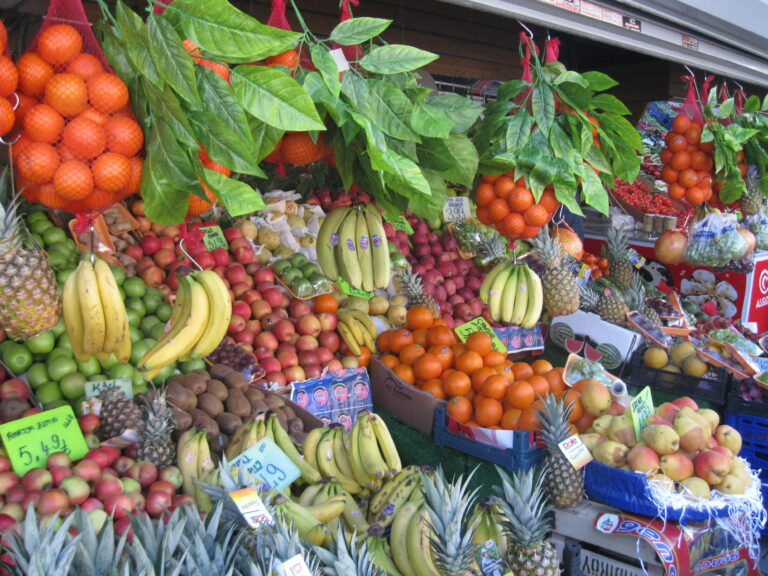Istanbul: In the Sultan’s City
Riding an Istanbul ferry as it slowly crosses the Bosphorus is like being suspended in time. While the journey is short, I am instantly taken back to my childhood, to endless days, freedom and adventure. I feel sadly nostalgic for the past but excited too because I feel I am travelling with early explorers to an unknown land. My journey begins from the safety of the European side of Istanbul but we are heading for Asia and the unknown lands beyond.
Sitting on a narrow wooden bench seat running along the outside of the boat I hear foreign voices all around me. The faces are unfamiliar too, but now and then someone turns to me with a look that seems to say ‘It’s alright. You’re with us now’. I am slowly lulled into comfort by the sway of the ferry but before I can slip into a daydream a man appears, loudly calling out strange words. One by one the people to my left pull their legs back from where they have been resting on the side of the boat and I do the same.
My heart beats faster as the man approaches but calms when I see he is only selling tea, coffee and orange juice. I buy nothing but others do, managing to drink two teas and smoke the same number of cigarettes in the ten minutes left of the journey.
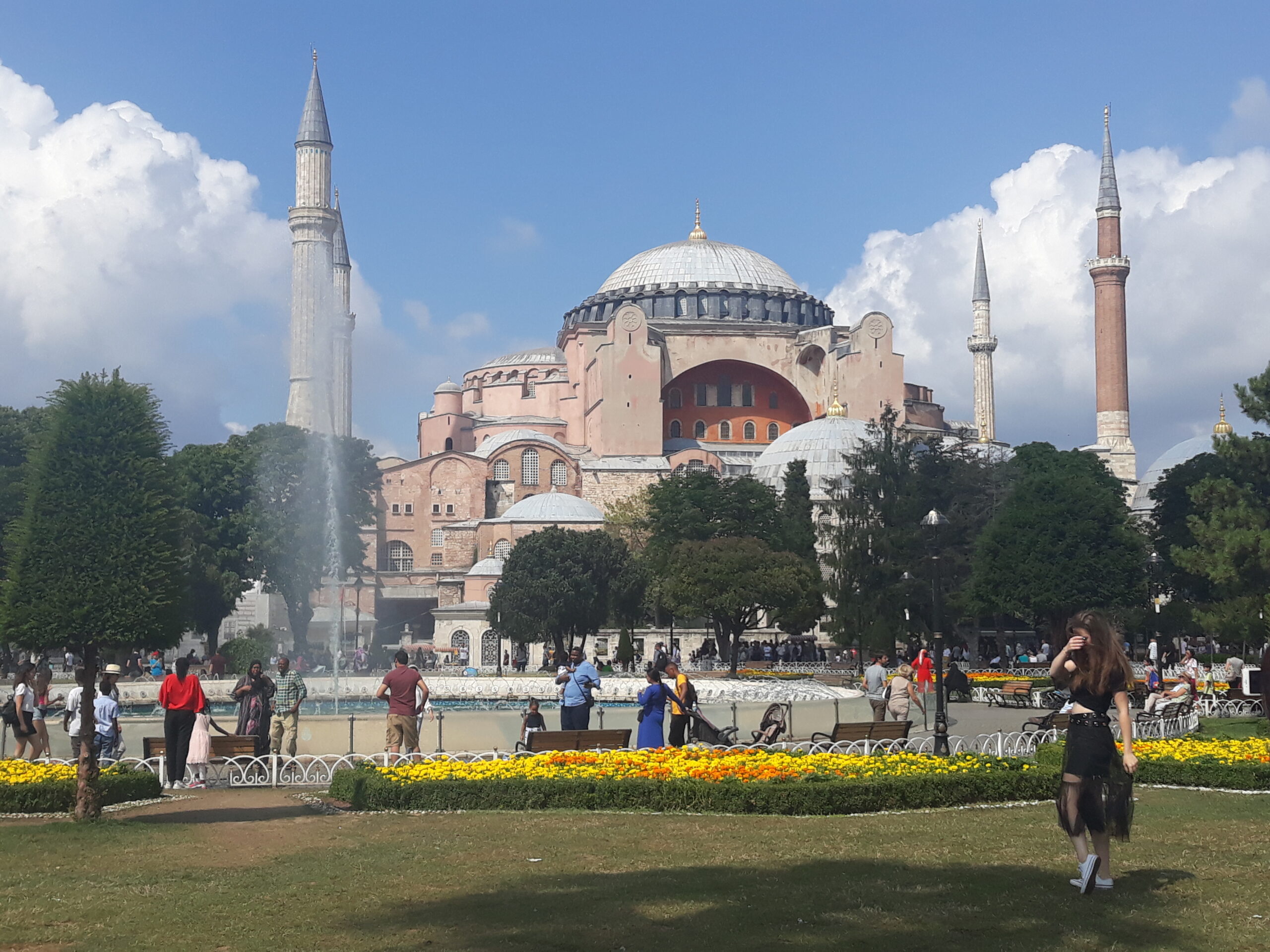
Even now, living permanently in Istanbul, my heart still lifts when I see the minarets of the Haghia Sophia and the Blue Mosque come into view. They stand guard over Saray Burnu, the home of Topkapi Palace and innumerable sultans, scandals and sorrows.
Although winter has come to the city, with creeping cold and grey skies, the outside benches are packed with Istanbul residents. They can’t smoke any more so they munch on simit, sour dough rings covered in sesame seeds much beloved by Turks young and old. It is a popular sport to throw stray crumbs into the air, and a signal for the local seagulls, huge ugly white birds with scowling red eyes, to swoop down from the sky and follow in line with the vessel. Teenage boys compete to see who has the better aim while the seagulls fly as close to us as possible to fight for a prize.
These same birds roost in the tree behind my apartment and wake me every morning. Their cries and squawks of discontent are in response to the first call to prayer around five or six o’clock in the morning. I’m too lazy to get out of bed and look, but I like to imagine them moving in unison, a solemn, feathered version of A Chorus Line taking place just outside my window.
There are mosques everywhere in Istanbul, waking up the seagulls. My favourite was designed by Mimar Sinan in 1580 at the request of Şemsi Paşa, a vizier to three Ottoman sultans. The unofficial name of the mosque is Kuşkonmaz Camii, meaning the mosque on which birds do not land.
Legend has it they don’t stand or build nests on the mosque out of respect, and I prefer this to the more mundane reason that the wind off the Bosphorus prevents them from landing. There is quite a history to this little place, and the gazi, the former soldier who shows us around tells me most of it. He demonstrates how the marble columns set on either side of the mihrab, or prayer niche,are used to test whether the building has been damaged after an earthquake.
If they can’t be turned the foundations have moved. He confirms that the piece of cloth in a picture frame set high on the wall is from the Kaaba in Mecca. Its cloth cover is changed every year and pieces of the old one distributed as much revered gifts.
He tells me much more about the mosque, but in the end I learn his history. Along with other young Turkish men he fought in Korea during the Cold War. I hadn’t known Turkey had taken part and I listen to his stories of horror and death with sadness in my heart. Yet he is happy to tell me, and regularly nudges me with an order to “Anlat!”, to translate what he is saying, so my friends can understand too.
At last I farewell him and watch fondly as he joins his friends sitting in the courtyard. Like many old men in Turkey they spend all day passing judgment over the passing crowds and exchanging memories. Old as they are, when they all smile and wave me on my way, I can see the carefree boys they once were, and imagine them eating simit and feeding the seagulls flying over the Bosphorus, dreaming of their next big adventure.
Read the full story and more in Inside Out In Istanbul: Making Sense of the City.
